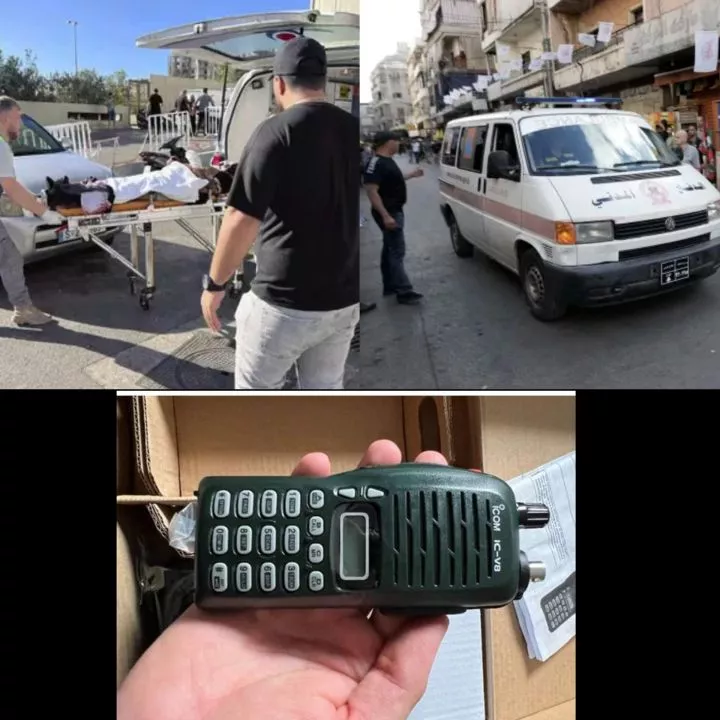
Israel said a "new era" of war was beginning Wednesday, partially acknowledging its role in shock double attacks targeting Hezbollah this week.
Almost exactly 24 hours after explosions targeting the pagers of Hezbollah members killed multiple people, including children, and injured more than 2,800, Lebanon was rocked by more deadly blasts as walkie-talkies, phones, solar panels and radios detonated in Beirut and in the south of the country targeting Hezbollah members.
At least 20 people were killed and 450 were wounded in Wednesday's second wave of blasts, according to Lebanese officials but Jerusalem believes the death toll to be higher than reported, with Hezbollah's elite Radwan unit hit hard by the two days of attacks.
At least one of the blasts on Wednesday took place at a funeral organized by Iran-backed Hezbollah for some of the 12 people killed in the pager explosion attack on Tuesday.
A witness of AP news in the southern coastal city of Sidon saw a car and a mobile phone shop that was damaged by devices exploding inside of them.
"A number of walkie-talkies exploded in Beirut's southern suburbs," a source told Reuters, with Hezbollah-affiliated rescuers confirming devices had exploded inside two cars in the area.
Hezbollah's Al Manar TV reported explosions in multiple areas of Lebanon, and a Hezbollah official told The Associated Press that walkie-talkies used by the group exploded as part of blasts heard in Beirut. The official spoke on condition of anonymity because he was not authorized to speak to the media.
Images circulating online purported to show the devices, which appeared to be different and larger than the pagers that exploded Tuesday. The hand-held radios were purchased by Hezbollah five months ago, around the same time that the pagers were bought, said a security source.
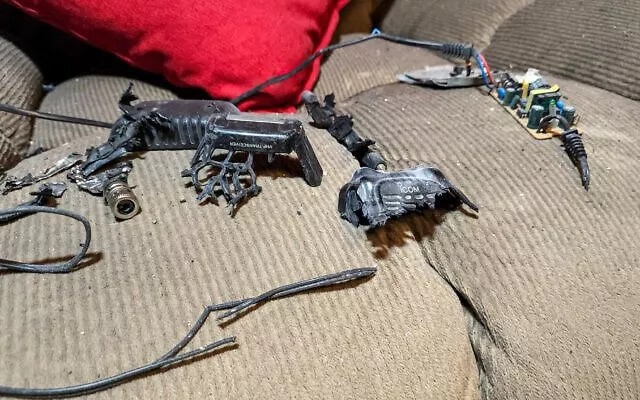
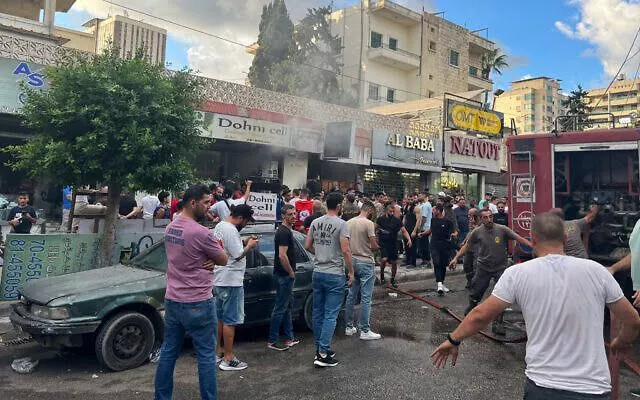
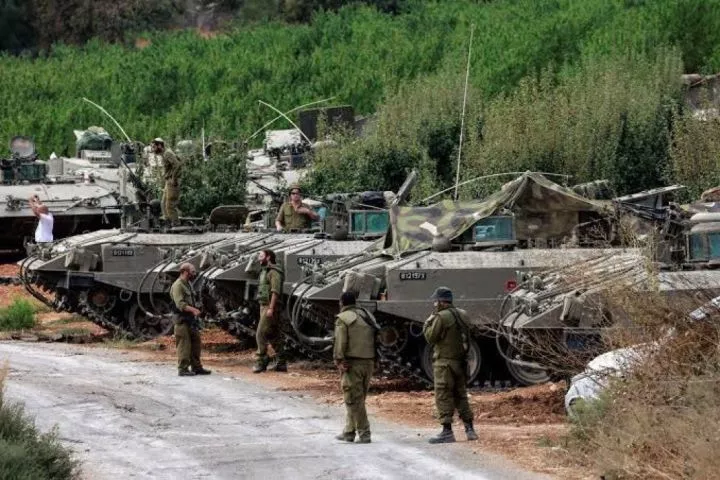
Lebanon's official news agency reported that solar energy systems exploded in homes in several areas of Beirut and in southern Lebanon, wounding at least one girl. The reports of further electronic devices exploding suggested even greater infiltration into Hezbollah's supply chain than was previously thought.
On Wednesday, Israeli Prime Minister Benjamin Netanyahu reiterated his pledge to "bring back the residents of the north safely to their homes."
Also, videos on social media Wednesday night showed the Israeli Military moving the elite 98th Division from Gaza to northern Israel.
Israeli Defense Minister Yoav Gallant said Wednesday evening that Israel's focus has moved to the northern front as a "new phase" of the war was beginning.
"The centre of gravity is moving north. We are diverting forces, resources, and energy toward the north," Gallant told Israeli Air Force personnel at the Ramat David Airbase, in remarks published by his office. "I believe that we are at the onset of a new phase in this war, and we need to adapt."
The new round of explosions on Wednesday came as Lebanon and Hezbollah were still struggling to come to terms with the shock and scale of Tuesday's attack.
The death toll from Tuesday's blasts rose to 12, including two children, Lebanese Health Minister Firass Abiad said on Wednesday. Tuesday's attack wounded nearly 3,000 people, including many of the terror group's fighters and Iran's envoy to Beirut.
Hezbollah said Israel was "fully responsible for this criminal aggression" and reiterated it would avenge the attack, while vowing to continue its fight against Israel in support of Hamas in the Gaza war.
Since October 8, Hezbollah and other Lebanon-based terror groups have been firing rockets and missiles at Israel's north on a near-daily basis, killing at least 26 civilians in Israel and 20 IDF soldiers. Hezbollah has named more than 450 members killed by Israel during the ongoing skirmishes, mostly in Lebanon but some also in Syria. Another 79 operatives from other terror groups, a Lebanese soldier, and dozens of civilians have also been killed.

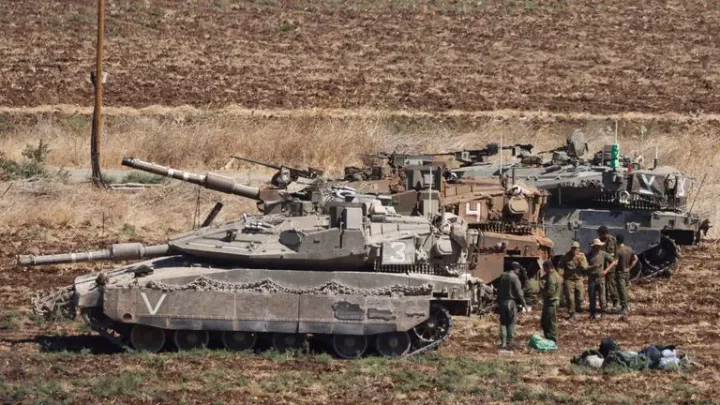
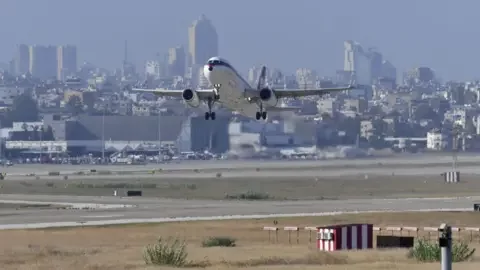
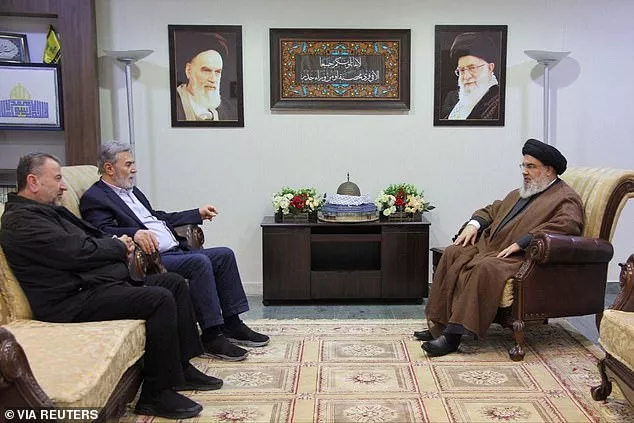
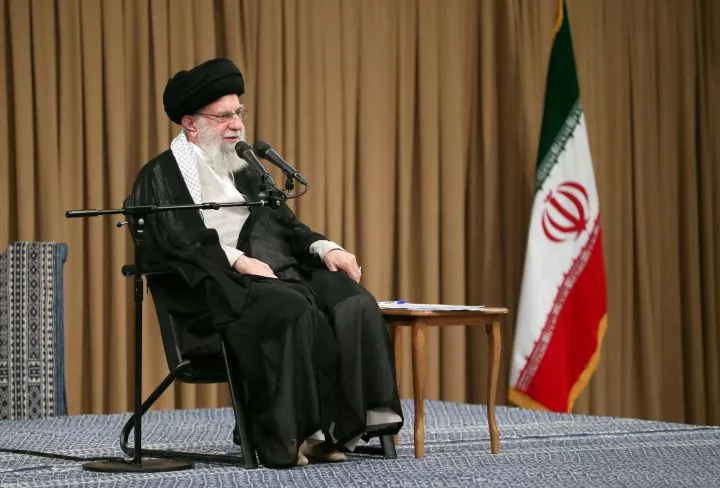
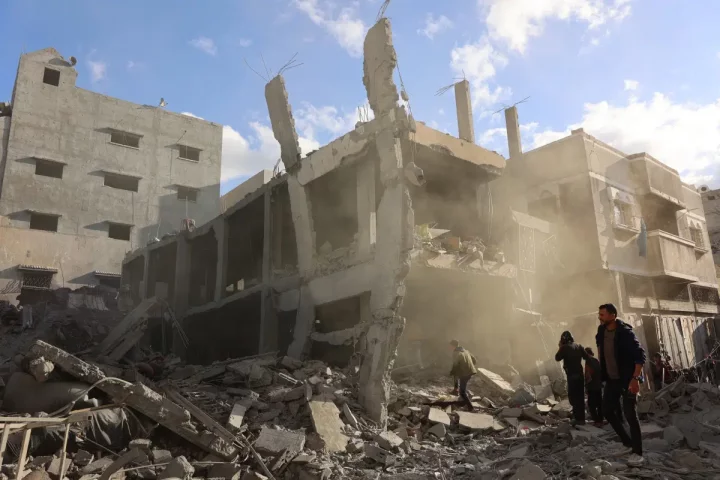
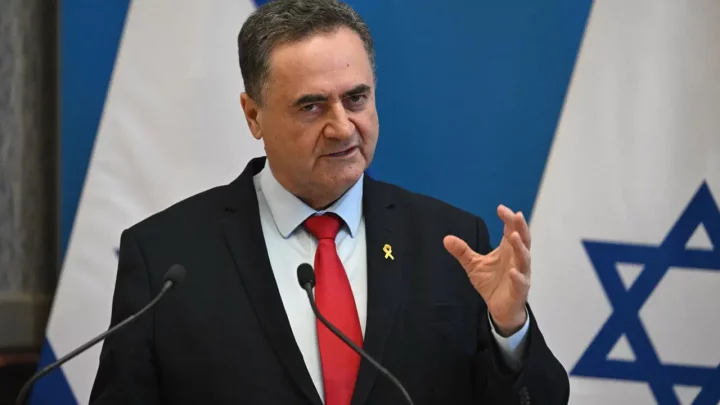

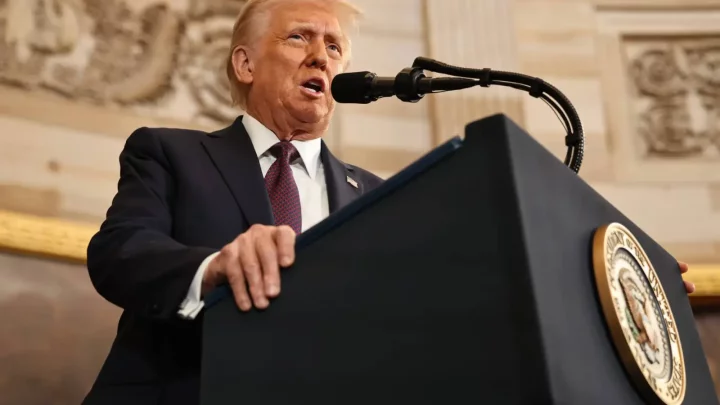
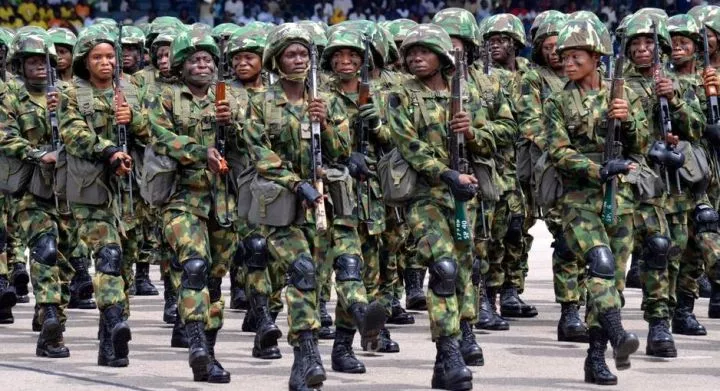


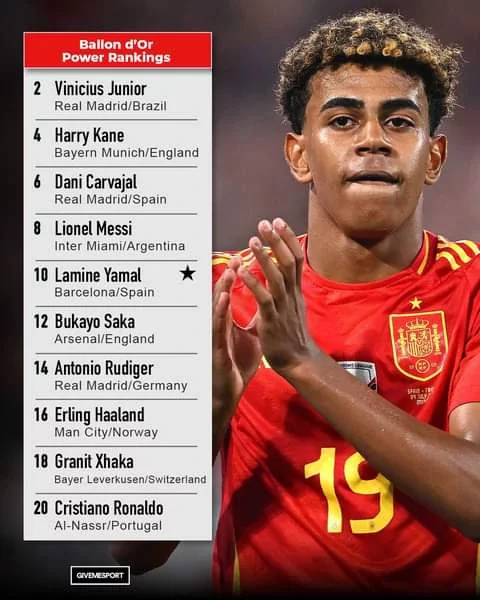
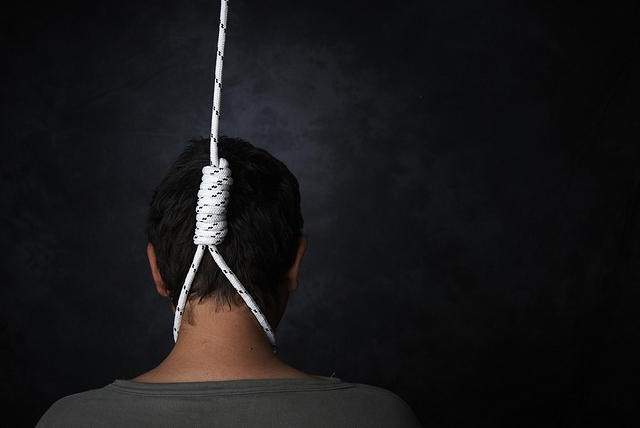



Comments